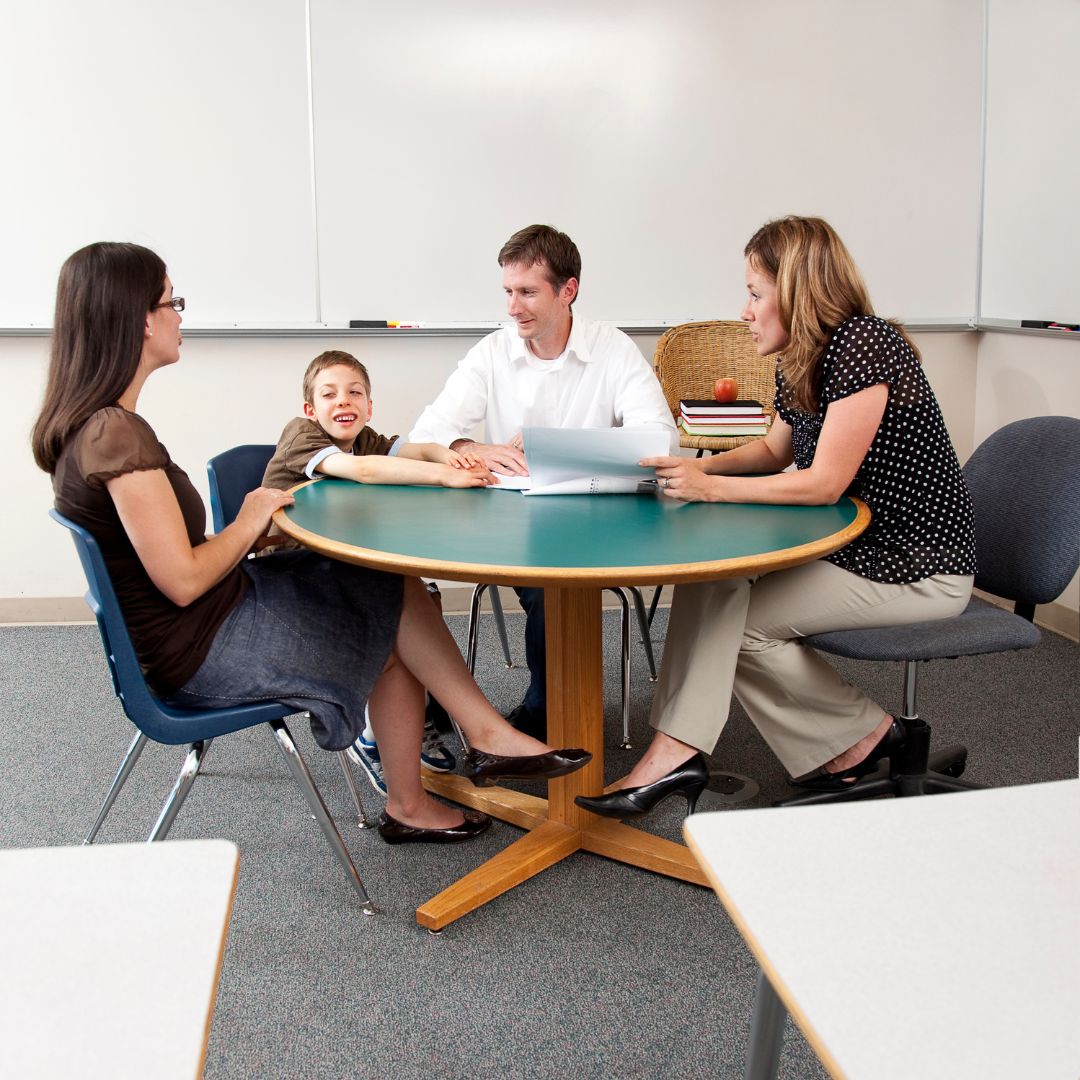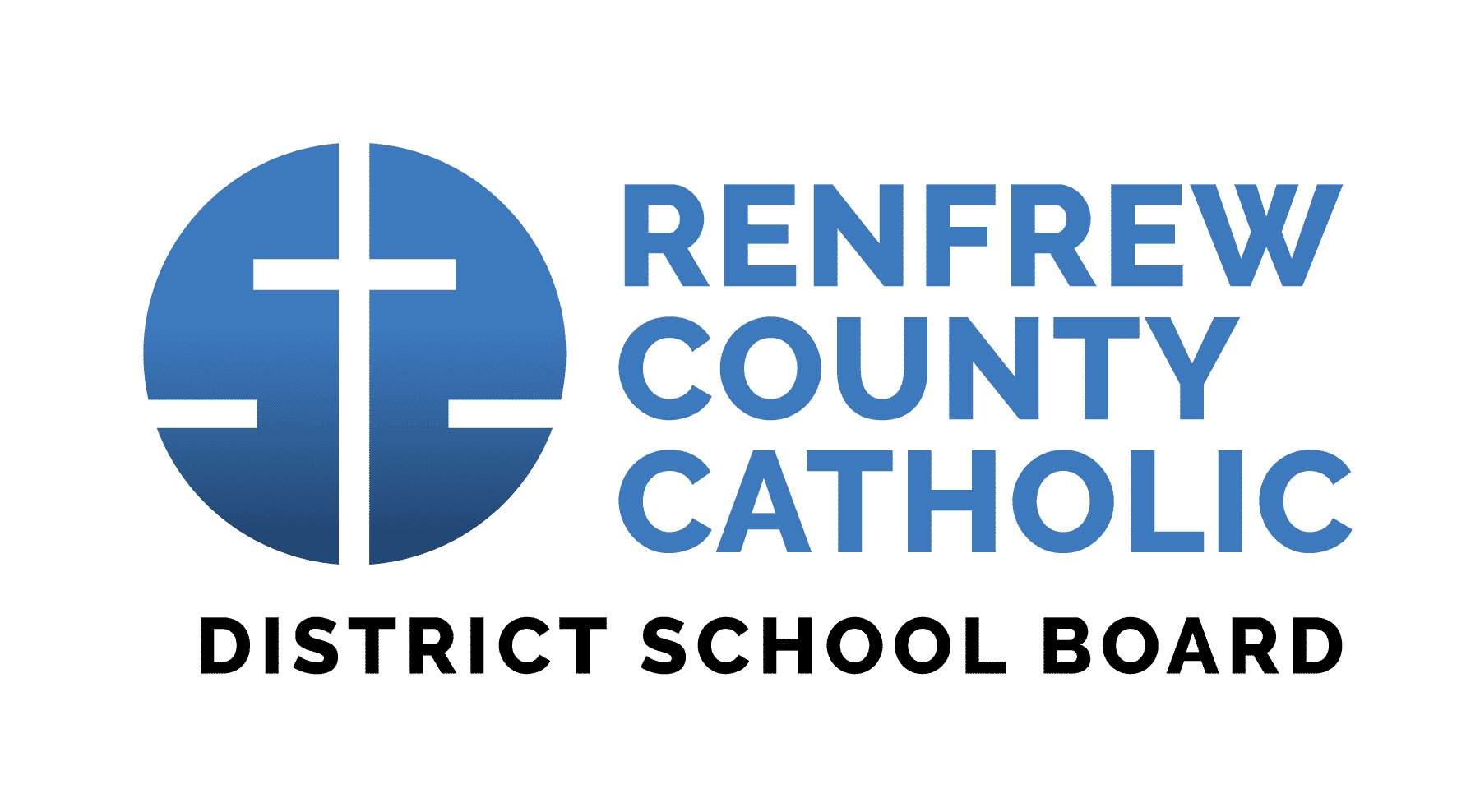Case Conferences

What is a Case Conference?
Anytime a school team or parents/guardians wishes to discuss a student’s progress and/or programming, a Case Conference is scheduled to facilitate and capture that discussion. A Case Conference can occur at any time, and could include discussions around the student’s academic program, behavioral needs, social emotional regulation, etc.. Often, at a Case Conference, a student’s strengths and areas of need are discussed, as well as the development of an action plan to precisely meet the student’s needs.
Who Attends a Case Conference?
The following members may participate in a Case Conference:
- parent(s) or guardian(s)
- student, when appropriate
- classroom teacher(s)
- subject teacher(s)
- Special Education Resource Teacher (SERT)
- guidance department representative (secondary schools)
- educational assistant;
- Board personnel (e.g., Special Education Coordinator, ABA team member, Mental Health and Wellness team member, Speech and Language Pathologist, etc.)
- outside agencies (e.g., CHEO SBRS, Developmental Services, etc.)

What Happens at a Case Conference?
The principal or vice-principal will chair the meeting. The Chair will introduce everyone in attendance and attendees will describe their roles. The Chair then leads everyone through the agenda. Participants are invited to provide information about the student and discuss the current issues. Information provided by parent(s) and guardian(s) is an important part of the discussion. Dialogue often leads to an action plan. At the end of the meeting, parent(s) or guardian(s) are asked to sign a copy of the meeting report which includes a summary of issues discussed and the plan of action.
Following the meeting, parent(s) or guardian(s) are given a copy of the report for their records. The original copy is kept in the student’s Ontario Student Record (OSR) at the school.
The plan of action may include:
- a continuation of the current programming;
- changes in current programming;
- recommendations to other services/supports;
- creation of an Individual Education Plan (IEP) including possible accommodations, modifications and/or alternative programming, or changes to an existing IEP




